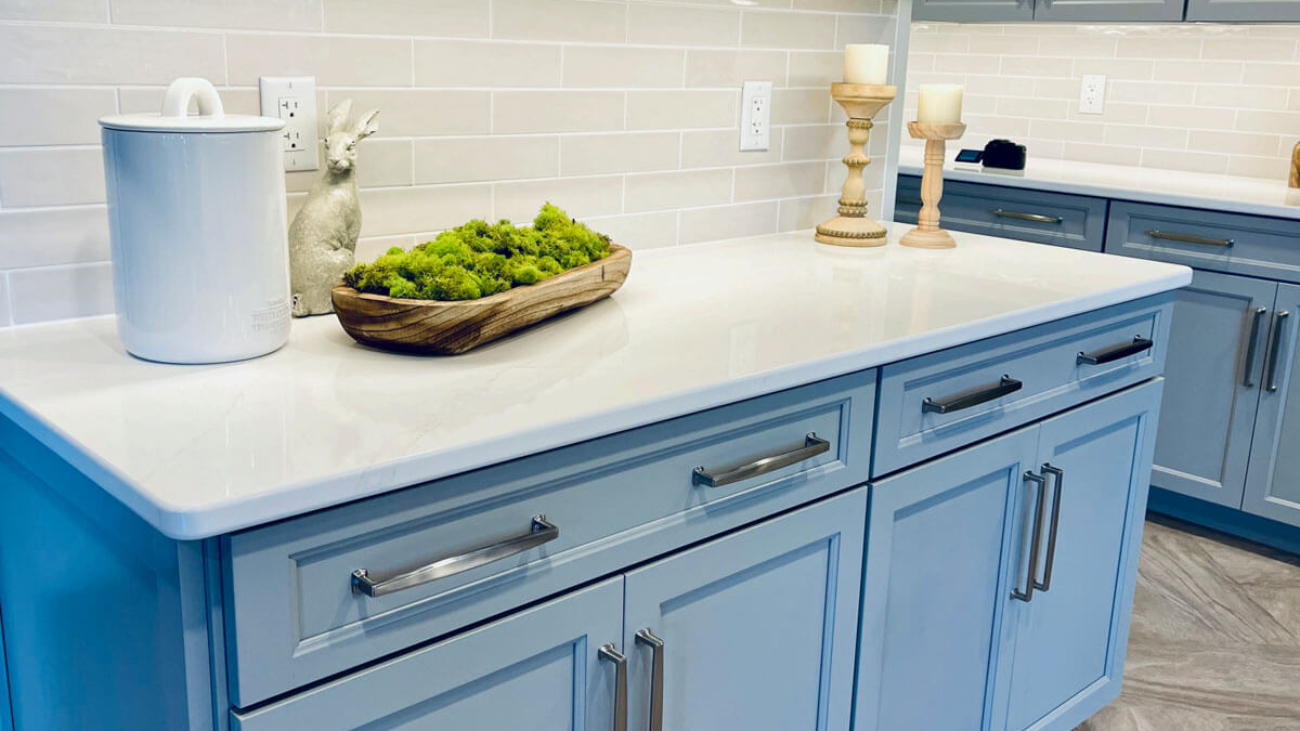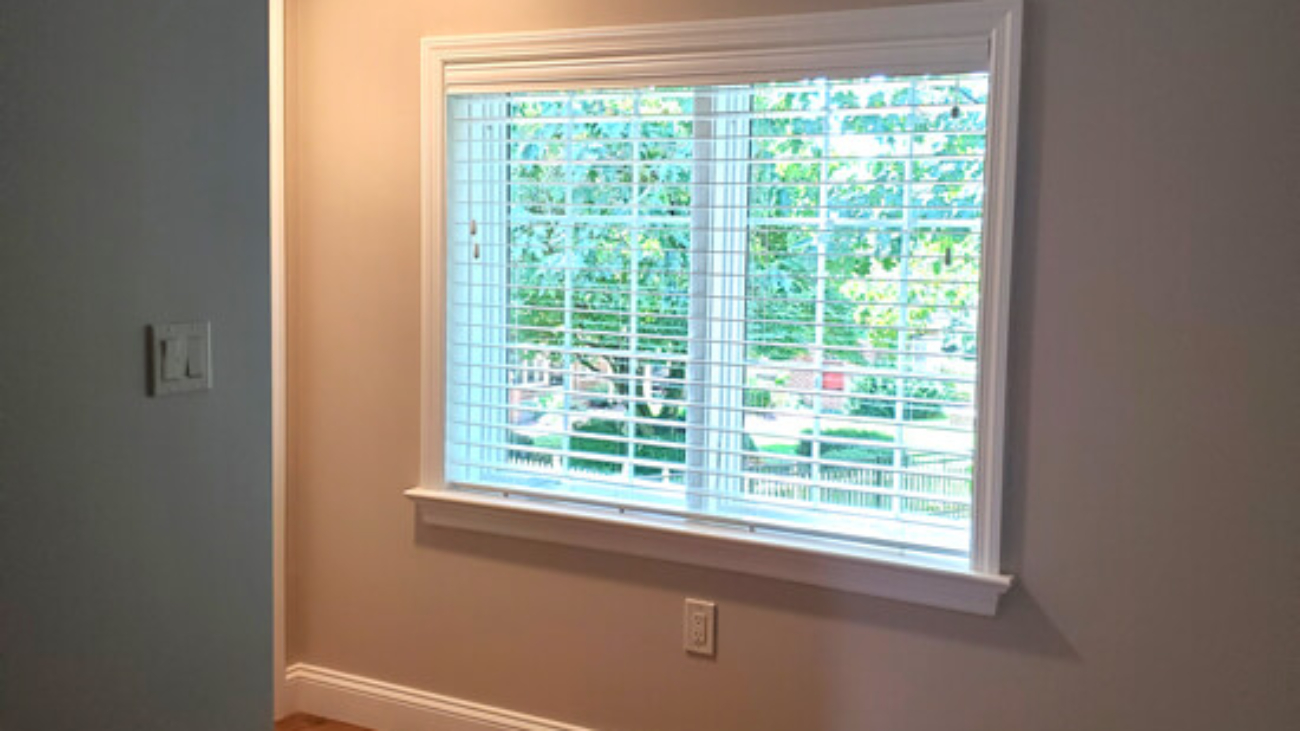Embarking on a home improvement project is an exciting opportunity to enhance the functionality, value, and aesthetic of your home. While DIY projects can be rewarding, hiring a professional contractor offers distinct advantages that can lead to a more successful and stress-free renovation. Here’s why working with a contractor is a smart choice for your next home improvement endeavor.
- Expertise and Experience
One of the most significant benefits of hiring a contractor is their expertise and experience. Professional contractors bring a wealth of knowledge to the table, ensuring that your project is completed with high standards of quality and efficiency. Their experience allows them to anticipate potential issues, adhere to building codes, and execute complex tasks that might be challenging for a DIYer. This expertise helps avoid costly mistakes and ensures that the project meets all necessary regulations and standards.
- Time and Cost Efficiency
A professional contractor can significantly streamline the home improvement process, saving you both time and money. Contractors have established relationships with suppliers, which can lead to better pricing on materials and faster delivery times. They also manage all aspects of the project, from scheduling and procurement to labor and inspections. This efficient project management ensures that work is completed on time and within budget, reducing the risk of delays and unexpected expenses.
- Access to Quality Materials and Tools
Contractors have access to high-quality materials and specialized tools that may not be readily available to the average homeowner. They use these resources to ensure that the finished product not only looks great but also performs well and stands the test of time. Additionally, contractors often receive discounts from suppliers, which can be passed on to you, providing cost savings on materials.
- Professional Project Management
From start to finish, a contractor provides comprehensive project management. This includes coordinating subcontractors, handling permits and inspections, and ensuring that all work is performed according to the agreed-upon plans. A contractor’s project management skills help keep everything organized, on track, and in line with your vision, minimizing the likelihood of miscommunication and errors.
- Increased Home Value and Marketability
A well-executed home improvement project can significantly increase your home’s value and marketability. Contractors have the skills to deliver high-quality finishes and adhere to design trends that appeal to potential buyers. Their professional touch ensures that renovations are done correctly and enhance the overall appeal of your property, making it a more attractive option for future buyers.
Choosing to work with a professional contractor for your home improvement project offers numerous benefits, from expert guidance and efficient project management to access to quality materials and increased home value. If you’re ready to start your next renovation and want to ensure a smooth and successful process, contact us today. Our team of experienced contractors is here to bring your vision to life with professionalism and precision.


